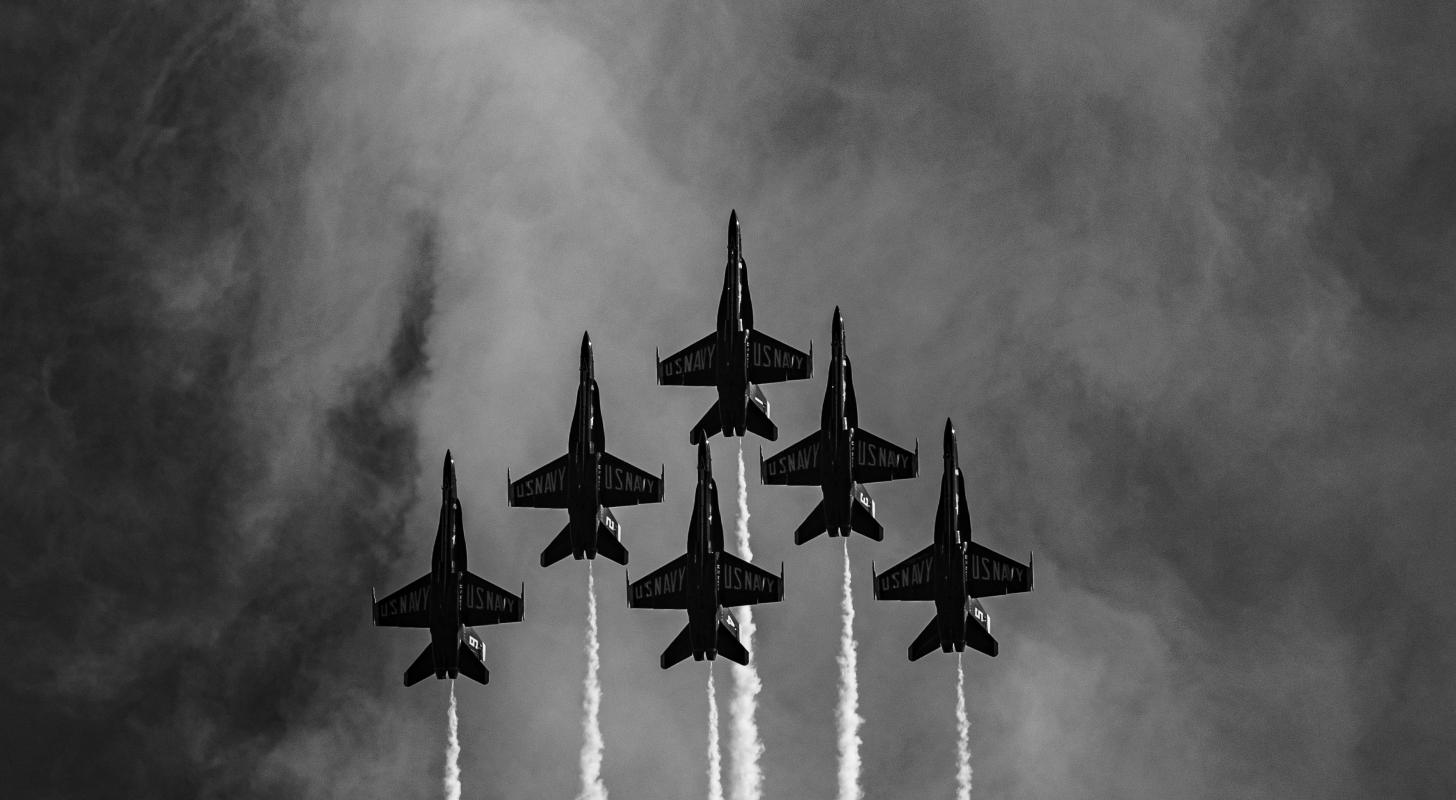
To increase innovation and ultimately reduce costs, the US Department of Defense (DOD) recently invested $65 million in the startup Airline.
Toyota Motor Corp. and JetBlue-backed companies will use the funds to refine its manufacturing and eventually build carbon capture and fuel generation facilities on US Air Force bases. This investment is part of a broader push towards Sustainable Aviation Fuels (SAFs).
The need for alternative fuels, combined with the size of aviation, means a market opportunity. A report from Market Research Future predicts a $60 billion market for SAFs by 2030.
To keep up to date with top startup news and investments, Sign up for Benzinga’s Startup Investing & Equity Crowdfunding Newsletter
Massive waste of fuel
For the past nearly 20 years, US airlines have consumed an average of 16 billion gallons of jet fuel per year. The US Air Force uses about 2 billion gallons a year, which is a huge cost and higher consumption than many countries. This amazing amount contributes to greenhouse gas emissions and puts a strain on limited petroleum resources.
The impact of jet fuel on the climate prompted government agencies and airlines to promote alternatives. Most of these initiatives involve SAFs, which are fuels that can power aircraft and are chemically similar to current fuels but are produced with much lower net emissions.
Sustainable fuels out of nothing
The Air Company’s process uses industrial fermentation equipment, but their plans focus on direct air capture. By capturing carbon dioxide from the air and mixing it with hydrogen, the company creates a reaction of different types of paraffins and alcohols, which it can separate for a range of applications, including SAF.
While Air Company initially focuses on the military sector, it also aims to provide commercial airlines with a viable SAF solution.
The company faces several challenges. Airline regulations require companies to use blended SAF fuels that contain pure…
[ad_2]
Source story

